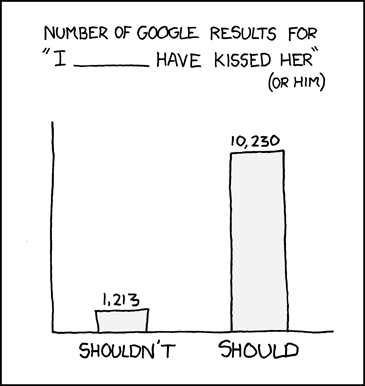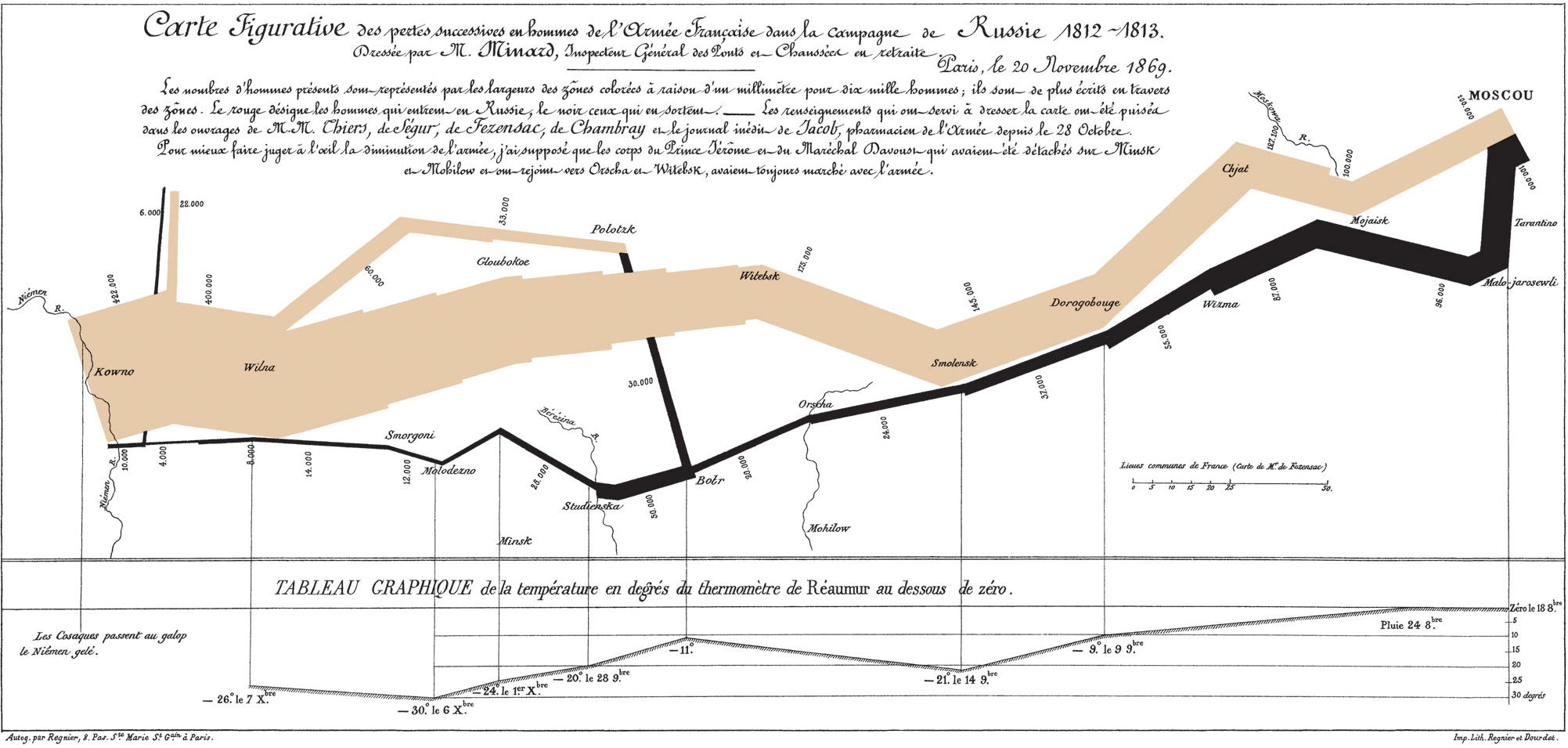It's a real mixture, almost literally a game of two halves, with the first hour spent sleuthing around Jamaica and the second infiltrating and destroying No's base, Crab Key.
It's a mixture in other ways too. Key elements of the franchise (the gun barrel sequence, the Bond theme, M, Moneypenny, Felix Leiter, even Q - sort of) are introduced, but a lot of this feels very unfamiliar and, well, lacklustre, as if the ingredients have been added but aren't coming to the boil.
There's a lack of confidence about it all and it's revealed in the scene early on in M's office. We get not one but two references to 'the American CIA', whatever that is, and then M namechecks his own organisation: on screen, Bernard Lee's mouth shapes to say 'MI6', but the line is dubbed, so we hear it as 'MI7'. The script, the production and by extension the whole series is unsure of where it stands, where the boundaries are and what to do with them. There's a telling trace of insecurity later on as well. In Jamaica, Bond inspects the secret radio set of a murdered agent; the policeman on the scene says that it was on when they found it but they couldn't get through to London on it.
"And it'll stay dead," growls Connery, as if hyping up the germ-killing power of a toilet bleach. "All frequencies are changed immediately security's broken."
It doesn't feel like an insight into the murky business of espionage so much as an attempt to paper over the cracks. In the real world, the stock of British Intelligence was at an all time low, still embroiled as it was in the unfolding Cambridge Spy Ring revelations. Bond's hollow insistence that MI6 (or 7) is inviolable sounds like mere bravado at best and establishment propaganda at worst.
It doesn't help that the Bond we have come to know is missing almost completely for that first hour. 007 is little more than a plodding detective, looking for clues, interviewing suspects ("You're just a stupid policeman," No mocks him). He goes about it in a cold bullying way as well, almost entirely charmless. There's none of the humour that we've come to associate with the character and there's little sense of his appetites either. When Sylvia Trench comes on to him in the casino, he's utterly nonchalant, seemingly to the point of disinterest so that Bond appears not coolly aloof, but bored by the prospect of an assignation. It could be that this is Bond suffering from ennui in between missions, like Sherlock Holmes without a case, and this is a feature of the books. But surely then once M has given him a mission, shouldn't Bond come to life? He doesn't. It's not until much later that he appears to revivify.
 |
| 'Bond. James Bond.' |
Firstly, the famous introductory moment (left). It's just a mere second or two but it's alchemy. Somehow they nailed it right there: the pan up from the cards as he lights the cigarette - the theme seeps in, wreathed about the man like the casino smoke and then the slightly drawled delivery. It's incredibly effective and would be perfect but for Connery's eyes: deep brown and too warm, not the icy blue we're used to today - surely the smallest of quibbles.
Secondly, there is the tarantula scene and it's here that the mundane police plot begins to move aside for more fantastic elements. It's presaged by the scene where Dr No gives Dent, his minion, the arachnid in question: here Ken Adam gives us his first wonderful Bond set - a grey room, just two walls and a ceiling with circular skylight criss-crossed by metal bars, casting a web of shadows. It was designed to be cheap but it is strikingly distinctive and offers a glimpse of the sort of design work we'll come to associate with the series.
Then the tarantula is let loose. Even though we (should) know that the animal is harmless, watching it crawl across Bond's skin is agonisingly tense, almost unwatchable. Most importantly it moves 007 away from the dull world of missing files and suspects and, for the first time, we see him pitted against the grotesque and the exotic. We see his nerve, his determination as he resolutely waits, refusing to panic or twitch as the spider slowly moves up his body. And then finally we see him act, decisive and lethal: the moment comes, he leaps up and hammers the creature to death with a shoe. Until now, faced with thugs with guns and knives, he's been unflappable. Finally we've seen him pushed beyond his obvious abilities.
There's a third character-defining moment in the first half of the film, but it's an unforgivable misstep. Bond sets a trap for Dent, who blunders in, thinking he's killing 007 by unloading his gun into a bolster. Bond reveals himself, gun in hand, and begins an interrogation that abruptly comes to a halt when Dent pulls the trigger on his empty Smith & Wesson. "You've had your six," mutters Bond, and shoots him. Twice. It's the first time we see Bond kill anyone. It's written, presumably, to show us he's a heartless killer, but there's no logical reason for the death. In fact it's surely counter-productive for Bond to kill an unarmed man who knows all about the enemy's plans?
The film doesn't give us much time to ponder this, though. We're immediately off to Crab Key in a little boat and everything improves from now on. The island location is colourful and full of movement: all gushing rivers, crashing waves and swaying trees, baked by the Caribbean sun. There's some real tension as the heroes are chased by guards and dogs. And we get the introduction of three great characters: Ursula Andress' Honey, Joseph Wiseman's eponymous No and, er, some bloke called James Bond starts to materialise before our eyes. These two newcomers transform Connery's Bond. It's as if everybody else he's met so far has been unworthy of his full attention and he begins to sparkle with these two.
Honey's emergence from the sea is justly famous. It's a turning point. But there's far more to it than merely a young woman in a bikini. If you can tear your eyes from her curves, Andress - even with her voice dubbed by Nikki van der Zyl, (thanks Wikipedia) - turns in a sophisticated performance, walking a tightrope between the character's naivety, vulnerability and lethal capability. To my surprise, (I've only seen this a kajillion times) the film includes her backstory from the novel where she tells how she was raped, but had her revenge by killing the man with a black widow spider. It's the sort of stuff that can feel like melodrama in Fleming's hands, but it's delivered very well on screen and Honey becomes the first compelling character in the series as a result. Connery seems to raise his game too and his Bond is finally roused from his torpor of nonchalance, by turns amused, libidinous and protective.
The encounter with No is similarly transformative. Dining together in the bowels of the lair, the conversation suddenly bristles with scorn, bluff and real needle. They even argue about which vintage of Dom Perignon they prefer. Like the tarantula, it seems as if this Bond needs to be given something extreme to confront before he'll take an interest. The surroundings help too. The lair is another Ken Adam's masterpiece: an opulent dining area with a giant aquarium, corridors hewn from rock, the gleaming ultra modern control room and the dark, ribbed ventilation shafts. It's all excellent and puts Bond on a larger stage.
If his escape through those tunnels doesn't make any sense (why are they full of rushing water? - in the book it's a sadistic trial of strength, replete with rats, spiders and, I'm not joking, a giant squid) then at least it provides some struggle for our hero because this is all going to be done and dusted in a minute or two: the climax is a blink-and-you'll-miss-it affair.
Connery's Bond does a lot of hovering optimistically in baddies' control rooms (see YOLT, DAF), but it seems to work for him as within seconds he's been told to stand next to the switch that blows up the base. After a few punches and a tentative grapple with Dr No, it's all over. Yes, it's a rushed conclusion, but by this point, I think, we're grateful for that.
* * *
Pre-Credits Sequence: There isn't one. They haven't thought of that yet.
Theme: It's the James Bond theme! And some flashing dots. Which go on a bit. Maurice Binder hasn't discovered girls yet.
Deaths: 9 (lots of people are presumably killed when the base explodes but we don't see it. I'm counting the first man Bond punches off a gantry but not the second, because there's a wide shot later with the first guy still prone as the reactor hits critical - the second chap could have escaped for all we know.)
Memorable Deaths: Dent gets shot; No's hands scrabbling at the girders as he drowns.
Licence to Kill: 5
Shags: 3
Exploding Helicopters: Zero. I mean, really...
Crimes Against Women: Ms Taro, an enemy spy, has to be kept away from the telephone while Bond waits for the police to arrive to arrest her. Obviously this is an opportunity to force himself on her rather than, say, shut her in a cupboard or something.
Casual Racism: Quarrel, Bond's Jamaican side-kick, is shown to be superstitious and drunken. Bond shouts orders to him like "Fetch my shoes!". Nice. Getting the Canadian Wiseman to play No is somewhat forgiveable given that the Doctor is half-German.
Out of Time: I'm not going to be harsh about telephones and wireless sets, but Bond's "Ciao" and "What gives?" are cringe-inducing. I'm guessing they didn't sound too convincing at the time either.
Fashion Disasters: Bond and Quarrel infiltrate the base in bright red and blue shirts. Bond wears his suit and tie all around tropical Jamaica. We get our first Nehru jacket and it's worn by Bond!
Eh?: Why does it say 'Universal Exports' on Moneypenny's door on (presumably) the 8th floor of the offices of MI6? Is this for the cleaners' benefit? Is the 7th floor rented out to BOAC?
Worst Line: Quite a few, but "What gives?" has aged very badly.
Best Line: "Clumsy effort, Mr Bond. You disappoint me," chides Dr No. Yeah, you and me both mate.
Worst Bond Moment: Bond's murder of Dent is unjustifiable even in the context of the movie.
Best Bond Moment: There's not much competition. It's got to be that first introduction.
Overall: A cold and moody Bond, prominent product placement and (for the time) shockingly fast editing - it's Quantum of Solace! Well, sort of. It's a stately and slightly dull first outing but it does go up a gear or two in the second half. It's nicely directed but there's not enough charm or wit. A few moments of real tension, but no excitement let a lone exhilaration.
James Bond Will Return: Well, it doesn't say that yet either. But he will, in From Russia With Love. This has got legs you know.









